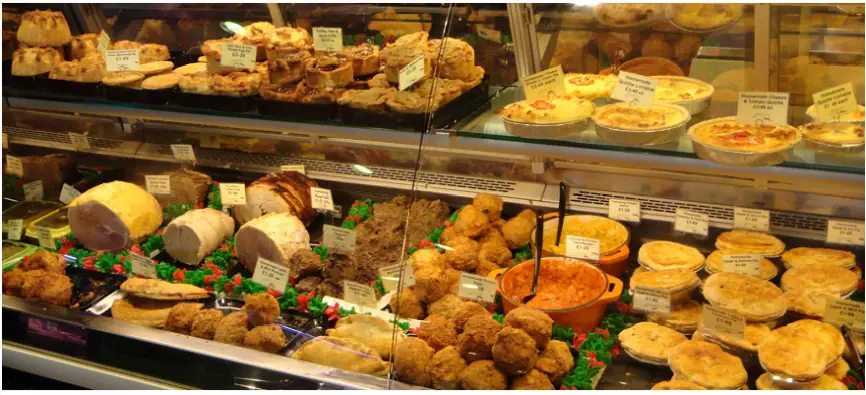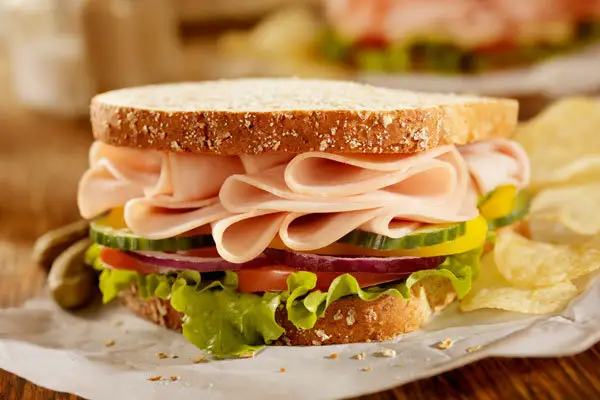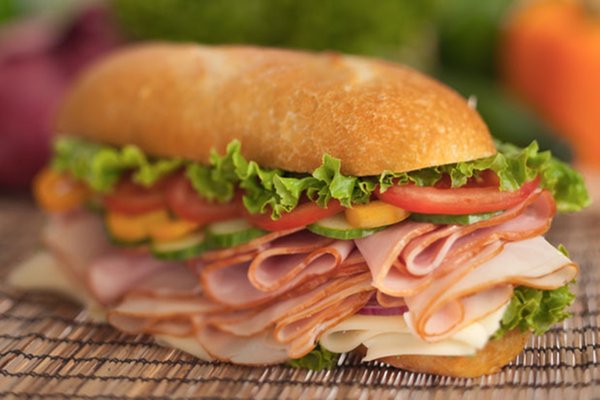Delicatessen is a French word that means “fine foods” and “delicacy”. When it came to the United States, it was supposed to be attached in restaurants that offer specially prepared meals. Unfortunately, most delis such as Schnucks and Safeway are not Delicatessens.
Later on, the term was used on stores that sold these special meals, which soon became shortened and was abbreviated to “deli”, the sandwich shops we all know about.
But, what criteria make a deli truly delicatessen? This was the brave question asked by Giles Henschel, the creator of the “Deli of the Year” award. He intended to look for the best deli in the country and chose them on his terms, which is entirely legitimate as he owns many independent food shops from Olives Et Al, a Dorset food mogul.
Here is a list of the deli directive that defines what makes a deli “delicatessen”.
1) A great deli makes everything from scratch. Starting from the pesto that they will use in the pasta, to the hummus that 
2) A great deli place makes the weird, unique, and one-of-a-kind menu items look posh, sophisticated, and a best seller. Selling the same stuff all over again makes it painstakingly boring and customers who are truly in a lookout for something good want to see something new in the menu on a daily or weekly basis.
3) A great deli place is not just a sandwich shop. It is not mockery or snobbery but a fact and the truth, of which may hurt most deli sandwich shop owners. Deli, if you remember, is a place where special meals are prepared and while a Reuben sandwich may look like one, sadly, it does not even make the cut.
4) A great deli place do not need to upsell their meats or be endorsed by celebrity chefs, different knives, and cookbooks. Deli places speak for themselves and it does not require a circus act just to get attention. Furthermore, if a deli shop tries to sell you a 300 gram cheese when you clearly asked for 250 grams or charges you extra for cleaning vegetables, then you are certainly not in a delicatessen place.
5) A great deli place has knowledgeable owners. Consequently, pompous and imperious sandwich owners are bad deli shop owners because while they are continuously being corrected to pronounce their menu items properly, they pretend to have specially made meals when really, we all know they are just faking it.


